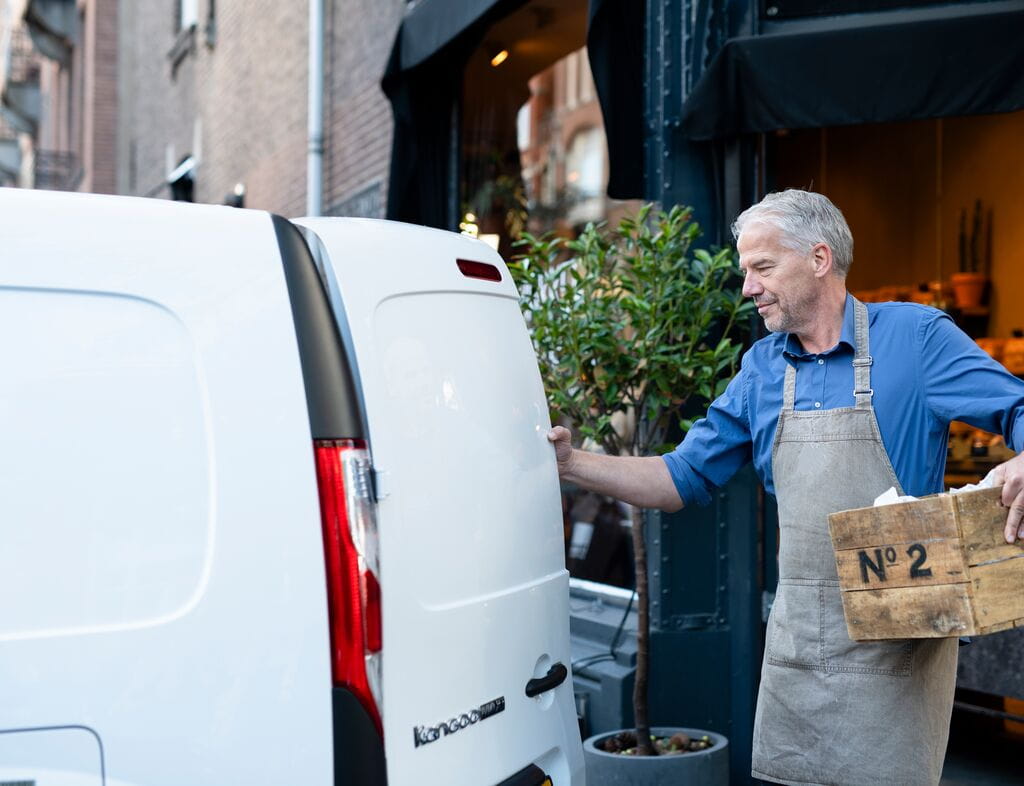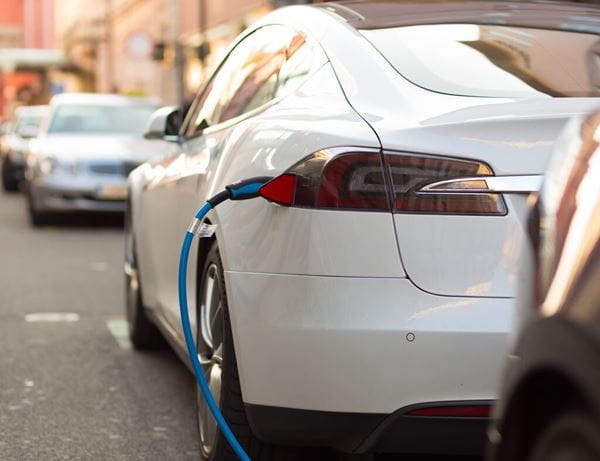
What is the future for electric vans?
The need for greener vans has never been greater. We live in an age of increasing home deliveries, where consumers want products now, not tomorrow. LeasePlan's latest Mobility Insights Report found that 47% of people are now more likely to use online shopping and opt for home delivery for discretionary spending. This means more vans on the road, more stops, and more journeys to and from the depot.
Advancements in technology
Up until recently, electric vans were seen as a bit of a fantasy. Batteries weren't powerful enough - and were too big and cumbersome - to allow for proper cargo transportation. But manufacturers have cracked those problems. Advancements in battery technology have made electric vans just as viable as electric cars and there's a growing number of models available. Then, there are the financial incentives. Earlier this year, chancellor Rishi Sunak announced a 0% benefit-in-kind tax on zero-emission, fully electric vans, which makes them more affordable than ever for businesses that allow private use of vans.
Electric van developments
So, why are electric vans not on a parallel trajectory with electric cars? (Some experts argue they're as much as four to five years behind.) We think there need to be two major changes that get electric vans past the tipping point.
Government support
First, we need the government to provide the necessary support and incentives to make electric vans more attractive to businesses. For companies close to making the decision, this could be all they need to switch.
Range awareness
Then, we need to raise awareness and address the (often outdated) concerns of those who are further away from changing. For example, range anxiety continues to be a sticking point for many fleet decision makers. But many electric vans can now travel between 100 and 200 miles on a single charge - and half of all vans travel fewer than 62 miles a day. On top of that, there's a fast-growing network of over 20,000 charge points around the country. For a few, range may still be an issue, but for many more, we would suggest it's no longer something to worry about.
Electric van costs versus ICE
Then, there's the perceived barrier of cost. While it's true that electric vans tend to cost more upfront than their internal combustion engine (ICE) petrol or diesel equivalents, many fleet operators find that the total cost of ownership is less. For this reason, some large fleets are already getting ahead and making the transition.
Driver training and awareness
Finally, there is something that does remain a challenge, but can also be relatively easy to resolve. This is the significant cultural and operational change that's required. Fleet decision makers need to focus on driver training and awareness to ensure a successful transition. However, they may not have to do this on their own, as their leasing provider may be able to help. At LeasePlan, we have lots of information, guidance and expert support to help companies with the transition to electric vans.
Watch this (cargo) space
We're expecting to see more developments in the market over the next couple of years, so there is likely to be a significant uptake during this time. To get ahead of the game, we think this is the right time for fleet operators to review their options. For many, electric vans are already viable and it makes sense to start the journey sooner rather than later. Don't forget, the 2030 ban on the sale of ICE vehicles includes vans too.
Find out if an electric van could be right for you
Want to know if an electric LCV could work for you? Our new tool can help. It's easy to use and available now.

.jpg?rev=3adbd558867c4d92bf9f22752f12a09c&mw=600)



